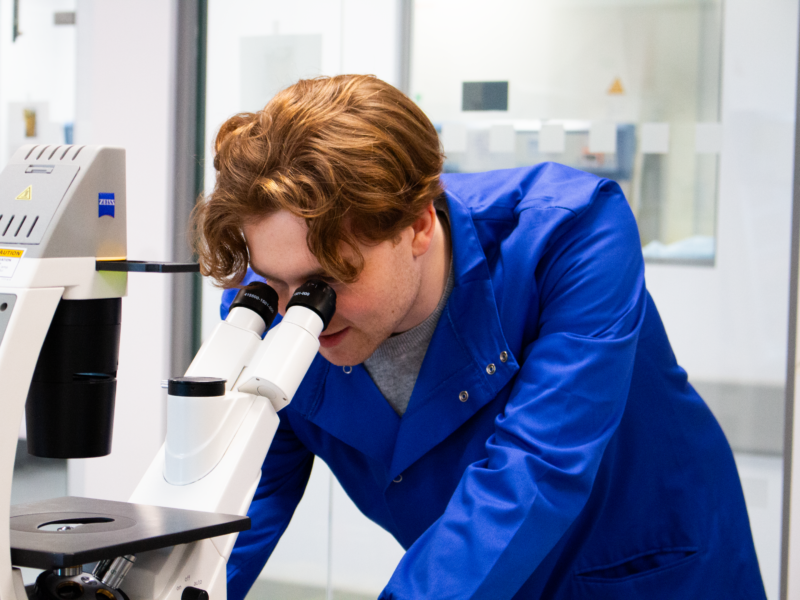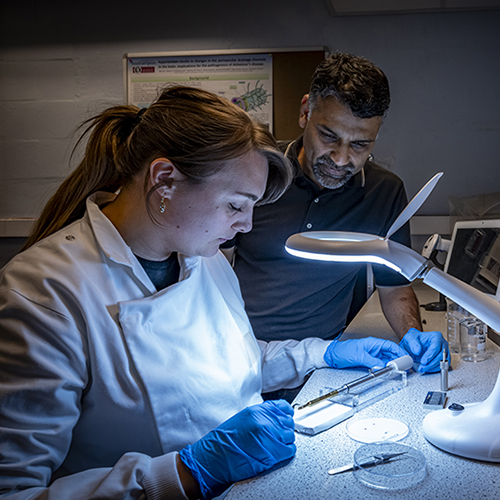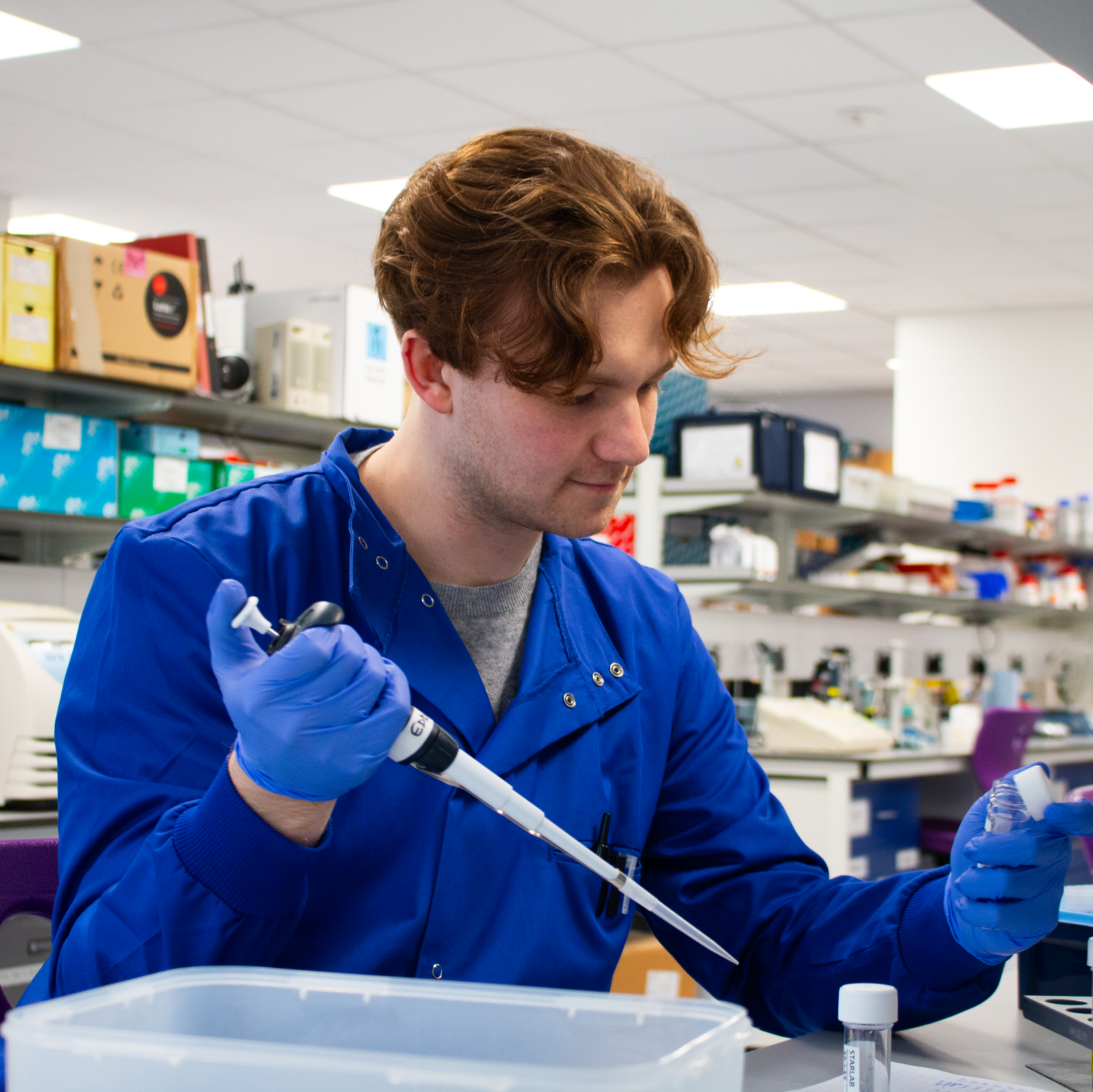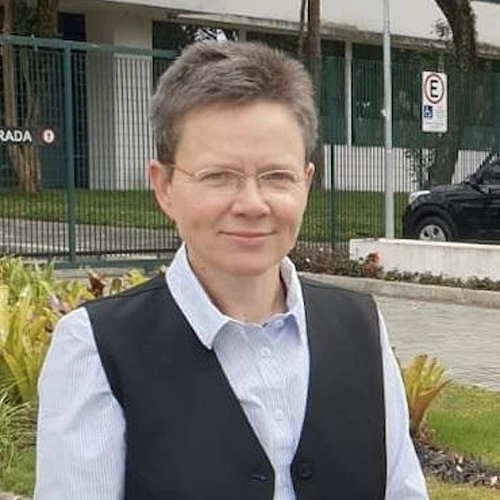Fund a PhD student
Doctoral research students are critical to increasing the speed and quality of research projects and bringing new perspectives to problems.


Support the lifeblood of research
With your help, we aim to provide a number of scholarships that will support students to work on innovative projects in cancer, dementia or infectious diseases, using approaches that are only possible through cross-disciplinary collaborations.
PhD students are at the very heart of university research and become the leaders of tomorrow. Their energy, creativity and ambition will enable us to accelerate work and find better solutions to the world’s biggest medical challenges.
How to fund a PhD student
Funding can be a major barrier to universities recruiting the best PhD students. Talented researchers are often drawn to industry, where salaries are significantly higher. That’s why our Medical Innovation Scholarships are offering highly competitive stipends.
Each four-year programme costs £148,000. We are looking for donors who could fully fund a scholarship or join up with a community of like-minded supporters to fund a position together.
To make a donation you can do so via the button below, or contact us on supportus@soton.ac.uk or +44(0)23 8059 2747.

“
Medical innovation is fuelled by PhD students. We need high-calibre students, talented people on the ground, to solve knotty problems. Scholarships are so key – they’re transformational, accelerate progress and drive positive change.”
Tracey Newman
Professor of Neuroimmunology, Director of Graduate School (Medicine)

Using data to diagnose dementia
Dementia with Lewy Bodies is often misdiagnosed, which means patients don’t always receive the most suitable treatment. This project will use data science to analyse swathes of patient data to identify who is at greatest risk of the disease. This will enhance treatment and management by enabling clinicians to make more accurate diagnoses, and flag people for clinical monitoring and review.
Tackling childhood cancer
Brain and nervous system tumours are one of the biggest causes of cancer-related childhood deaths. This research aims to develop an innovative cancer treatment by harnessing the biological power of Zika virus to seek out and kill particular cell types, while leaving others unharmed. This could result in a new, life-saving treatment.
Fighting bone infection with bubble technology
Bone infections can happen after an accidental bone fracture, or following surgery to implant a device, such as a hip replacement. The infections are difficult to treat and hard to live with. In this research project engineers will use innovative bubble technology to try to disrupt the infection and cure the patient.